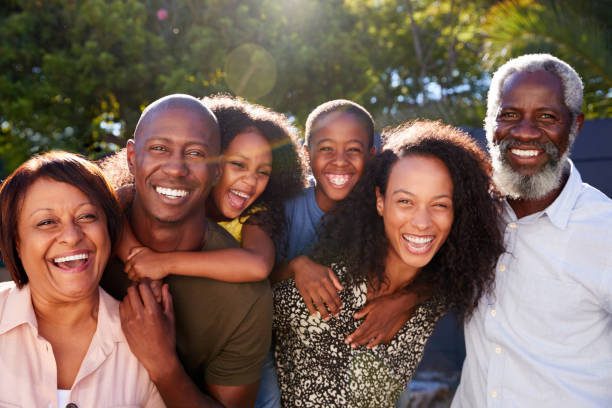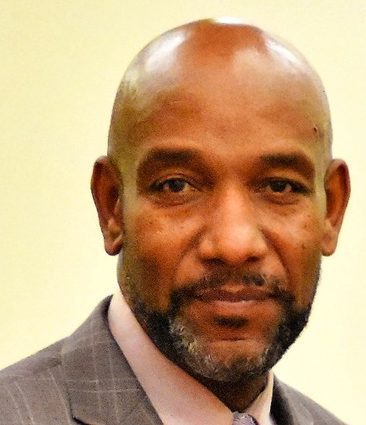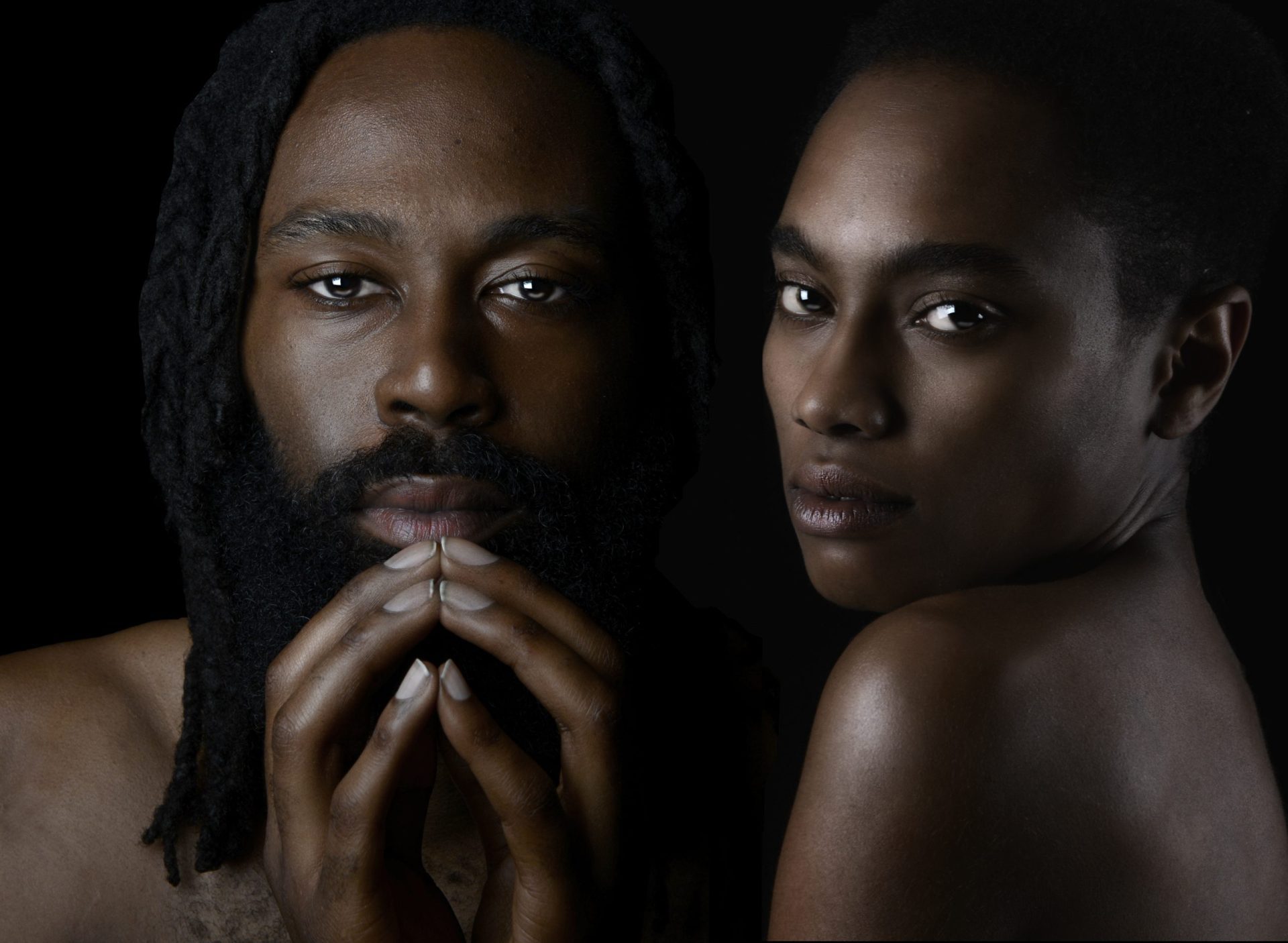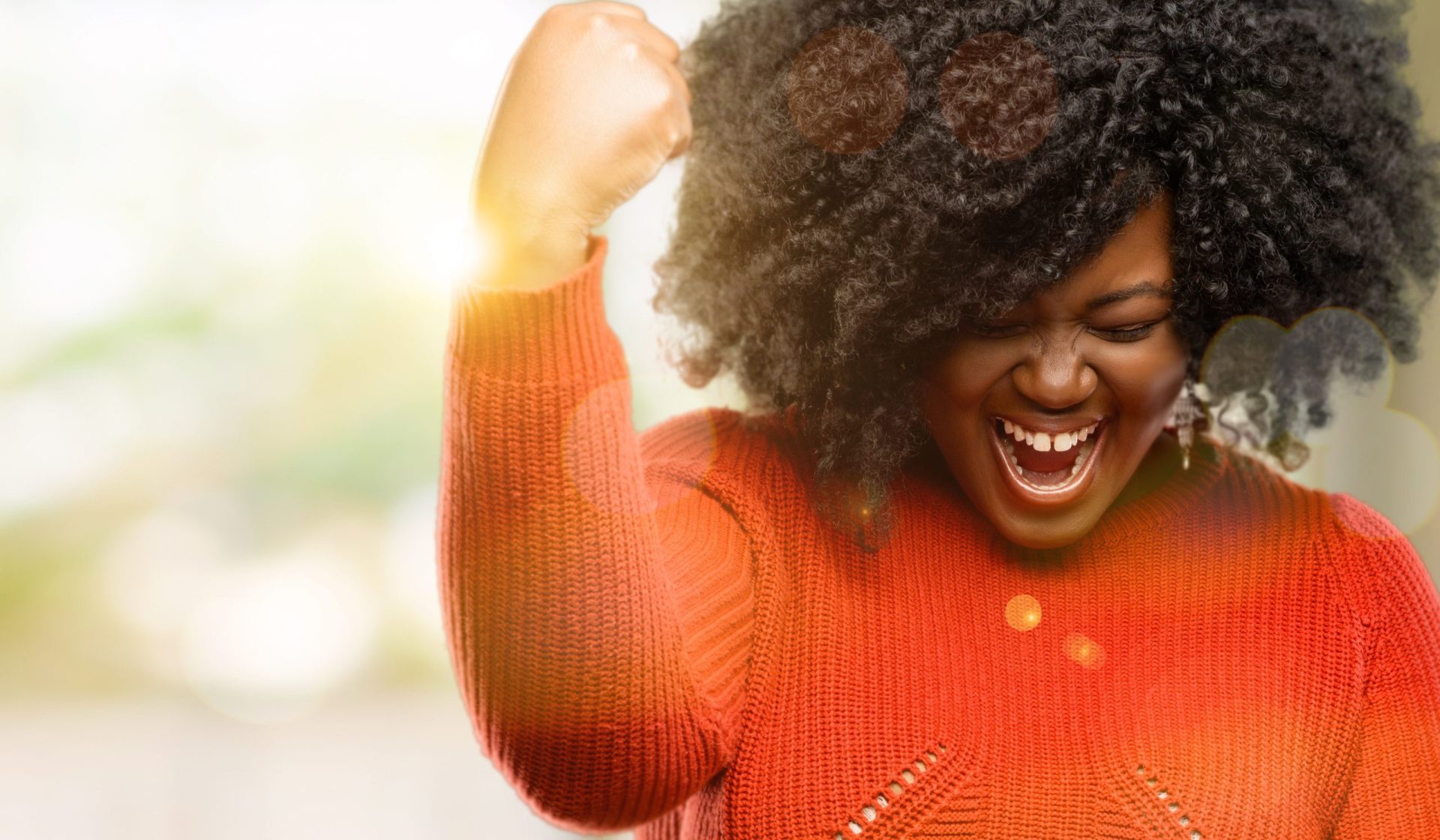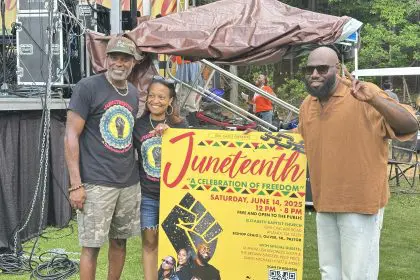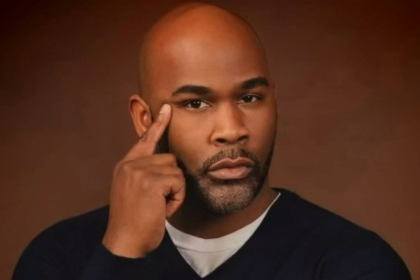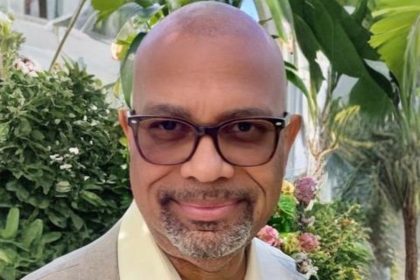The issue of the role of gender in analyzing the pandemic is equally murky. In China, men were more likely to die of coronavirus than women: 64 percent of deaths in China have been in men, according to recent figures from China’s Center for Disease Control and Prevention.
According to Italy’s public health research agency, 60 percent of coronavirus cases and 70 percent of deaths in the country so far have been in men. The Italian study also reports that men with COVID-19 tend to be more seriously ill and more at risk of death than women.
According to Dr. Deborah Birx, the White House’s coronavirus task force coordinator, the fact that the mortality rate is twice as high among men in Italy as it is among women marks a “concerning trend.” Birx added that no age group or gender is immune, and mild symptoms are not equivalent to immunity.
There are complex and interrelated reasons for the disparate impact on Black folk. The racial gap in health is, of course, all too real. According to a study published in 2014, life expectancy for African Americans is some four years lower for women and more than five years lower for men, relative to Whites.
This disparity is a symptom of America’s disgrace: pervasive discrimination against African Americans reflected in median household income, which is less than 60 percent than that of White households. The effects of lower income are exacerbated by the fact that the U.S. is the only advanced country not to recognize access to health care as a basic right.
People of color experienced large gains in coverage under the Affordable Care Act that narrowed longstanding racial disparities. Twenty percent of Blacks were uninsured in 2010. By 2016, the uninsured rate for non-elderly Blacks had dropped to 10.7 percent. Beginning in 2017 and continuing in 2018, coverage gains stalled and began reversing for Blacks. By 2018, the Black uninsured rate had risen to 11.5 percent — 53 percent higher than the uninsured rate for Whites.
The New York Times reports that after old age and the presence of preexisting health conditions, the third-highest indicator for risk of death from COVID-19 is “low socioeconomic status.” This is a cause for alarm for most of us, with the Department of Labor recently reporting that a record 3.3 million Americans have applied for unemployment.
Some of the early information about the new pandemic proved faulty or incomplete. For example, there were wild and false internet claims that Black people are not as susceptible to COVID-19. Popular New York Times columnist Charles Blow pointed out, “In the early days of the virus, the relatively few cases on the African continent, I believe, gave Black people in America a false sense of security that Black people may be somehow less susceptible to it.”
So, what are we as conscious, “woke,” Black women and people to do to address the COVID-19 pandemic and the larger question of public health? In a nutshell:
1. Follow the CDC and state guidelines for social distancing.
2. Fill out the U.S. Census form to help guarantee adequate community health resources.
3. Vote for elected officials who believe in your priorities.
4. Advocate for health care as a human right.
5. Support the right of workers to join and organize unions.
6. Support candidates who pledge to enforce anti-discrimination laws.
7. Support appointment of enlightened judges to the federal courts.
This pandemic serves as proof of the old labor union slogan, “An injury to one is an injury to all.” The Financial Times recently concluded that in a time of contagion, the case for universal health care … has found painful simplicity: unless everyone has care, no one does.”
This op-ed was contributed by Janice Mathis, executive director at the National Council of Negro Women (NCNW), a nonprofit organization with the mission to advance the opportunities and the quality of life for African American women, their families and communities.


